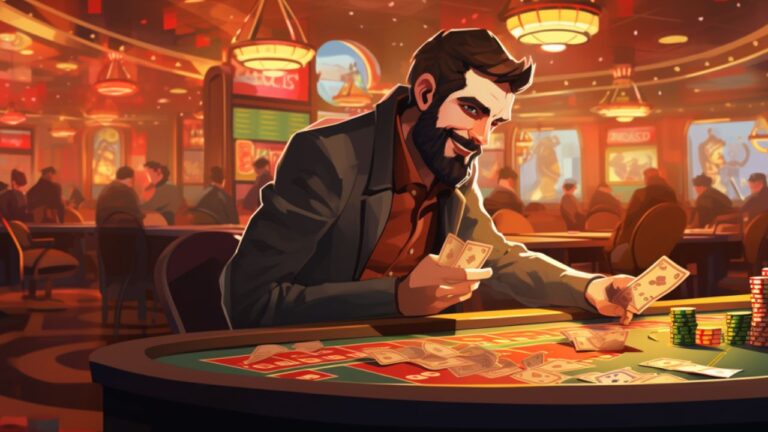
Dear Dr. Seraphina Hart,
My name is Lydia, and I am 36 years old. My husband, Theo, is 39. We’ve been together for 15 years, and we are from the U.K. Over the past five years, his occasional trips to the casino have turned into a full-blown gambling addiction. We’ve faced financial setbacks, and I’m constantly stressed about our future and the welfare of our two children. I’m torn and confused. Should I divorce my gambling husband?
Best regards, Lydia
Dear Lydia,
Firstly, I’d like to extend my empathy towards your situation. Relationships affected by addiction, whether gambling or otherwise, are particularly challenging and emotionally taxing. It’s understandable that you’re grappling with profound decisions concerning the well-being of your family and your own emotional health.
Let’s examine your situation through various lenses:

Recognizing the Disease: Gambling addiction, like other addictions, is a recognized psychological disorder. It’s not merely a case of weak will or lack of moral compass. It is essential to view it through a compassionate, albeit concerned, lens.
Impact on Family: While empathy is crucial, the subsequent financial and emotional strain on the family cannot be ignored. Your concerns about the future and the welfare of your children are entirely valid.
Communication Channels: Have you had an open, heart-to-heart dialogue with Theo about his addiction, your concerns, and the potential future? It’s essential to ensure he understands the gravity of the situation.
Willingness to Seek Help: One of the critical indicators of the possibility of recovery and rebuilding trust is Theo’s willingness to acknowledge his problem and seek professional help.
History of Effort and Relapse: Has Theo made genuine attempts to overcome his addiction in the past? And if he did, were there incidents of relapses? Understanding this pattern can provide insights into the future trajectory.

Seeking Professional Help: Consider involving a therapist or counselor specializing in addiction. They can provide insights, coping strategies, and tools to both Theo and you as you navigate this challenge.
Financial Protection: For the immediate well-being of your family, consider seeking financial advice or counseling. This can help safeguard your assets and ensure the future security of your children.
Self-Care and Support Groups: Joining a support group can provide you with perspectives from others who have been in similar situations. Also, prioritize your well-being. Emotional fatigue can affect your decision-making process.
Divorce as a Last Resort: Divorce is a significant decision, especially with children involved. It should be considered if all avenues for healing, recovery, and rebuilding trust have been exhausted or if the environment becomes detrimental to the children’s or your well-being.
Lydia, every relationship’s fabric is unique, woven with threads of shared memories, challenges, love, and sometimes, pain. Only you can truly discern the weight of each thread. Remember, while it’s essential to be supportive, your well-being and that of your children are paramount. Whatever decision you make, ensure it aligns with the long-term happiness and security of your family.
Sending strength and clarity your way, Dr. Seraphina Hart
Dr. Seraphina Hart, PhD, is a relationship therapist with over two decades of experience in the field of psychology and human behavior. With a rich academic background from Stanford University, she has an in-depth understanding of the complexities of interpersonal relationships. Dr. Hart's journey began with a deep fascination with the human mind and how it forms emotional connections, leading her to specialize in relationship therapy.
Her compassionate approach and unique methodology are informed by her extensive study of various therapeutic modalities, including Cognitive Behavioral Therapy (CBT), Emotionally Focused Therapy (EFT), and mindfulness techniques. Dr. Hart believes in the power of empathy and understanding in healing and transforming relationships. With her guidance, clients learn to navigate their emotions, communicate effectively, and foster a deep sense of self-awareness.